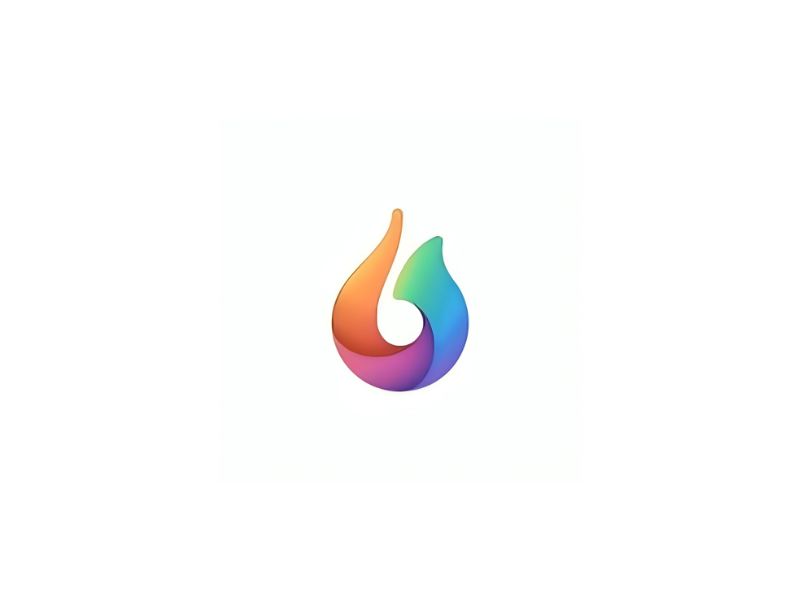Microsoft Corp. has officially announced the launch of innovations, each one leveraging ambient and generative technologies to improve the patient journey, reduce the workflow burden across care teams, and enhance the financial integrity of healthcare provider organizations.
Focused on improving upon the existing capabilities of the tech-giant’s leading AI clinical assistant i.e. Dragon Copilot, the tech giant will leverage this particular development to introduce world’s first ever commercially available ambient experience created for nursing workflows.
Complementing the same would be an assortment of new extensibility capabilities that allow partners to unlock greater value for Dragon Copilot users. More on the same would reveal how all these advancements arrive on the scene bearing an ability to intelligently facilitate secure integration of partner AI apps and agents directly into Dragon Copilot. The idea here is to help users unlock efficiencies without leaving their workflow, while simultaneously empowering nurses to integrate tailored AI capabilities into their day-to-day operations.
All in all, when leveraged in conjunction, these enhancements tread up a long distance to enhance revenue cycle management, clinical intelligence, workflow automation, and care delivery through its extensible architecture.
To understand the significance of such a development, we must take into account one particular research, where it was discovered that over half of family medicine visits involve multiple issues, with physicians managing an average of 2.7 concerns and performing eight actions, such as ordering tests, prescribing medication and making referrals, per encounter.
In case the scenario wasn’t tedious enough, clinicians are also required to handle prior authorizations and coding. With visits averaging just 15 minutes, this administrative load is now on the brink of compromising care quality and revenue integrity.
“The ecosystem Microsoft is creating with Dragon Copilot is essential for scalable innovation in healthcare,” said Brett Oliver, MD, chief medical information officer for Baptist Health. “Rather than relying on isolated point solutions, we’re able to adopt multiple tools — like Canary Speech — within a unified, ambient workflow. This approach allows us to advance diagnostics and care delivery without disrupting the clinician’s experience.”
Against that, Microsoft’s latest effort begins with the promise of trusted clinical insights, focused on helping clinicians make informed decisions quickly.
You see, thanks to partnerships with Elsevier, OpenEvidence, Wolters Kluwer, and UpToDate, Dragon Copilot should be able to provide access to curated clinical content directly within the workflow. Apart from credible reference content, other partners will also contribute their capabilities to drive smarter, faster decisions through solutions like clinical decision support with Atropos Health, vocal biomarker analysis with Canary Speech, clinical insights to manage at-risk patient populations with Lightbeam Health Solutions.
Next up, there is a facility in place to streamline revenue cycle management. Here, the idea is to provide access of applications that, on their part, can seamlessly streamline and automate critical revenue cycle processes. These processes include revenue cycle intelligence with Ensemble and Regard, and prior authorization with Cohere Health, Humata Health, and Rhyme. Apart from that, users can also expect to improve precision care economics at the point-of-care with RhythmX AI.
Another detail worth a mention is rooted in the prospect of enhancing patient experiences. In essence, Press Ganey will leverage Dragon Copilot’s ambient listening to turn patient-clinician conversations into actionable insights. This involves combining real-time dialogue with patient experience data to help healthcare organizations anticipate patient needs, reduce clinician burden, and at the same time; create more connected, human-centered care experiences.
Beyond that, the development in question also makes a point to integrate smart hospitals and virtual care through support from Artisight and hellocare.ai. The stated data can also be converted into documentation aligned with standard Dragon Copilot workflows.
“Partnering with Microsoft to shape the nursing solution has been transformative for Mercy nurses,” said Tracy Breece, Mercy executive director, nursing informatics. “We not only adopted a technology — we co-created one that reflects the realities of nursing. We’ve heard from nurses with decades of experience, many of whom were first reluctant to use the new technology, how appreciative they are for it in reducing anxiety and staying on time for admissions and discharges. These breakthroughs happen when technology is built with — and for — those who use it daily. This technology helps nurses feel more confident and supported in delivering care.”












